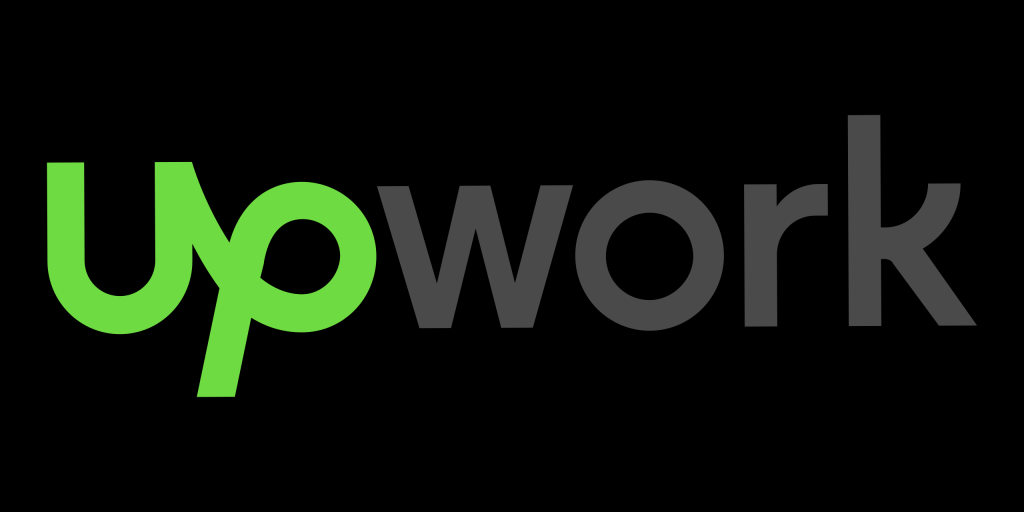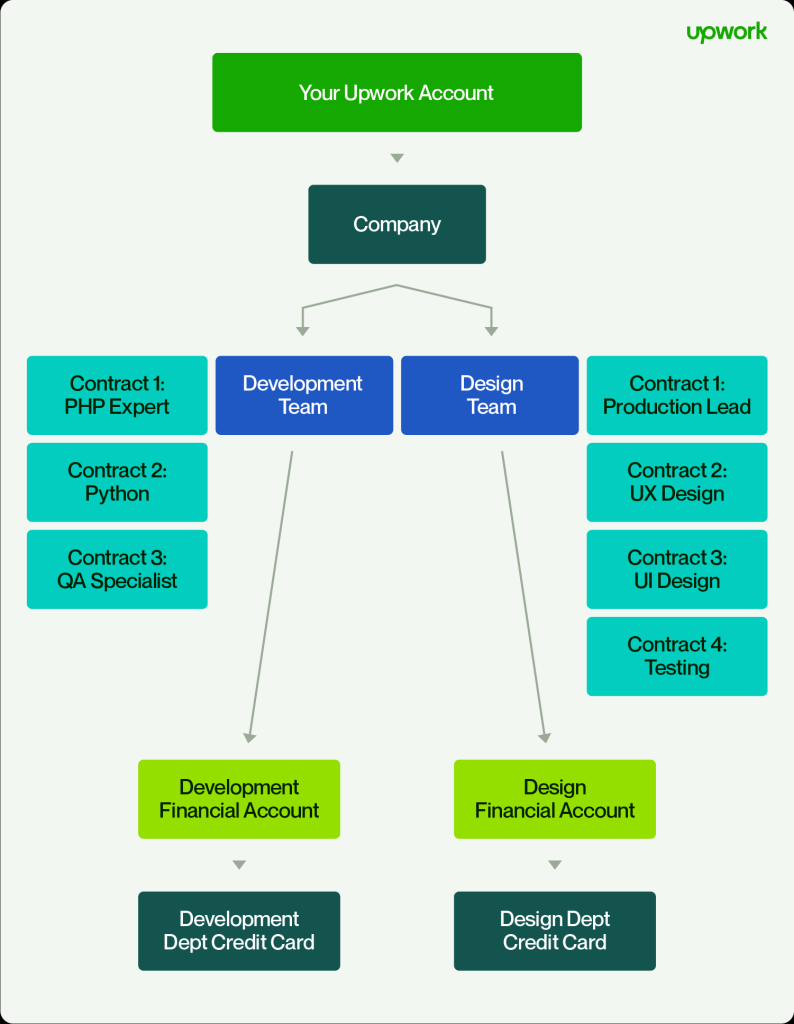
Basically Upwork is an online platform that serves as a marketplace for freelancers and clients to connect and collaborate. It provides a convenient space where businesses can discover and hire skilled independent professionals from various fields, including web development, design, writing, marketing, and more. Upwork allows clients to engage freelancers on a project basis, whether it’s for short-term assignments or long-term partnerships. The platform facilitates effective communication, smooth collaboration, and secure payment transactions between clients and freelancers. With its extensive network of talented individuals and efficient project management tools, Upwork offers businesses the opportunity to access flexible and diverse talent, while freelancers can find fulfilling opportunities to showcase their expertise and advance their careers.
What are the Benefits of Upwork?

Benefits for Clients:
- Access to a Global Talent Pool: Upwork provides clients with access to a diverse and global pool of talented professionals, allowing them to find the right expertise for their projects, regardless of geographical boundaries.
- Cost-Effective Hiring: Hiring freelancers on Upwork can often be more cost-effective compared to traditional hiring methods. Clients can find freelancers with competitive rates and avoid expenses associated with full-time employees, such as benefits and office space.
- Flexibility and Scalability: Upwork offers clients the flexibility to hire freelancers on a project basis, allowing them to scale their workforce according to project demands. This agility enables businesses to adapt quickly to changing needs and workloads.
- Specialized Skills and Expertise: With a vast network of freelancers across various industries and disciplines, Upwork allows clients to access specialized skills and expertise for their projects. They can find professionals who possess the specific knowledge and experience required.
- Streamlined Project Management: Upwork provides tools and features that facilitate effective project management. Clients can communicate with freelancers, share files, track progress, and ensure smooth collaboration, enhancing overall project efficiency.
Benefits for Freelancers:
- Expanded Job Opportunities: Upwork offers freelancers a platform to access a wide range of job opportunities. They can showcase their skills, expertise, and portfolios to a global client base, increasing their chances of finding suitable projects.
- Flexibility and Work-Life Balance: Freelancers on Upwork have the freedom to choose their projects and set their own schedules. This flexibility allows them to maintain a better work-life balance, pursue their passions, and take on projects that align with their interests.
- Exposure to Diverse Clients: Upwork connects freelancers with clients from different industries and regions, offering exposure to a diverse range of projects and clientele. This exposure can lead to professional growth, expanded networks, and potential long-term collaborations.
- Reliable Payment System: Upwork provides a secure payment system that ensures freelancers receive payment for their work. This eliminates concerns about payment disputes and non-payment, providing peace of mind and financial security.
- Professional Development Opportunities: Freelancers can enhance their skills, gain valuable experience, and build their portfolios through Upwork. They can receive feedback and ratings from clients, which can boost their reputation, attract more clients, and lead to additional opportunities.
Overall, Upwork offers clients the benefits of accessing a global talent pool, cost-effective hiring, flexibility, and streamlined project management. Freelancers benefit from expanded job opportunities, flexibility, exposure to diverse clients, reliable payments, and avenues for professional growth.
Disadvantages of upwork?
While Upwork offers several advantages, it’s essential to consider potential disadvantages as well. These include:
- High Competition: Upwork has a vast pool of freelancers, leading to intense competition for projects. Standing out among the competition, especially for new or inexperienced freelancers, can be challenging.
- Lower Pay Rates: Due to the global nature of the platform, some clients may seek freelancers who offer services at lower rates. This can result in a downward pressure on pay rates, making it harder for freelancers to earn their desired income.
- Service Fees: Upwork charges fees on transactions between clients and freelancers. These fees can impact the overall earnings of freelancers and need to be considered when determining rates.
- Dependency on the Platform: Relying solely on Upwork for projects may lead to dependency on the platform. Any changes in Upwork’s policies, fees, or algorithms could affect a freelancer’s ability to secure work, posing risks to their business.
- Limited Direct Client Relationships: Upwork acts as an intermediary between clients and freelancers, limiting the ability to establish direct client relationships. This may impact long-term client retention and hinder repeat business.
- Quality Control Challenges: Despite measures in place, there is a possibility of encountering clients or freelancers who do not meet expectations in terms of quality or professionalism. This can result in project delays, disputes, or unsatisfactory outcomes.
- Restricted Communication: Upwork encourages communication through its platform, limiting direct communication between clients and freelancers outside of the platform. This may hinder real-time collaboration or preferred modes of communication.
It is important to weigh these potential disadvantages against the benefits when considering using Upwork as a freelancer or client. Each individual’s experience may vary based on their unique circumstances, skills, and preferences.
How to use Upwork platform as a company?

To use the Upwork platform as a company, follow these steps:
- Sign up and create an account: Visit the Upwork website (www.upwork.com) and sign up as a client. Provide the necessary information and complete your company profile, ensuring accuracy and professionalism.
- Clearly define project requirements: Determine the specific details of your project, including scope, deliverables, timelines, and required skills. Providing clear and comprehensive project requirements will attract relevant freelancers.
- Create a job posting: Use the “Post a Job” feature to create a job posting. Write a descriptive title and a detailed project description. Specify the required skills, experience level, and any other relevant details to help freelancers understand your project.
- Review freelancer proposals: Once your job posting is live, freelancers will submit proposals. Take the time to carefully review and assess each proposal. Consider freelancers’ skills, experience, portfolios, and any ratings or feedback from previous clients.
- Interview and select freelancers: Shortlist the freelancers who best match your project requirements and schedule interviews or chat sessions to discuss the project further. Use this opportunity to evaluate their expertise, communication skills, and availability. Based on these interactions, select the freelancer(s) you wish to work with.
- Collaborate and communicate: Utilize Upwork’s messaging system to communicate with the selected freelancers. Discuss project details, expectations, timelines, and any additional requirements. Maintain regular and open communication throughout the project to ensure clarity and alignment.
- Monitor project progress: Keep track of the project’s progress using Upwork’s platform. Request updates from freelancers, review their work, and provide feedback. Make use of project management tools available on the platform to facilitate collaboration and ensure project milestones are met.
- Approve work and provide feedback: As freelancers complete project milestones or deliver the final product, review their work. If it meets your expectations, approve the work and provide constructive feedback. This feedback helps freelancers improve and build their reputation on the platform.
- Complete payment: Upwork offers a secure payment system. Approve freelancers’ timesheets or milestones, review invoices, and make payments according to the agreed terms. Upwork handles the payment process, providing protection against non-payment.
By following these steps, you can effectively use the Upwork platform as a company to find, hire, and collaborate with freelancers for your projects.
How to use Upwork platform as a Freelancer?
To use the Upwork platform as a freelancer, follow these steps:
- Sign up and create an account: Visit the Upwork website (www.upwork.com) and sign up as a freelancer. Provide the necessary information and complete your profile with accurate details.
- Define your skills and expertise: Clearly outline your skills, areas of expertise, and industry focus. Showcase your relevant experience, certifications, and qualifications to attract clients looking for your specific skillset.
- Set your rates: Determine your desired hourly rate or project rates based on your skills, experience, and market value. Consider the level of competition on Upwork while aiming for fair compensation.
- Create an impressive profile: Craft a compelling profile that highlights your skills, experience, and accomplishments. Include samples of your work, links to your website or portfolio, and any positive client testimonials or ratings you have received.
- Take skills assessments: Complete skills assessments on Upwork to demonstrate your proficiency in relevant areas. This can enhance your credibility and attract more clients.
- Search and apply for projects: Use Upwork’s search filters to find projects that align with your skills and interests. Read job descriptions carefully and customize your proposals to showcase your expertise and how you can meet the client’s needs.
- Communicate effectively: Use Upwork’s messaging system to communicate with clients. Clarify project details, deadlines, deliverables, and any questions you may have. Maintain clear and professional communication throughout the project.
- Deliver high-quality work: Complete projects to the best of your ability, ensuring that you meet or exceed client expectations. Adhere to agreed-upon deadlines and provide regular updates on the project’s progress.
- Request feedback and testimonials: After completing a project, ask clients to provide feedback and ratings on your profile. Positive feedback helps build your reputation on Upwork and attracts more clients in the future.
- Continuously improve your profile: Regularly update your profile with new skills, experience, and portfolio items. Stay up to date with industry trends and developments to remain competitive.
By following these steps, you can effectively use the Upwork platform as a freelancer to find projects, showcase your skills, and build a successful freelance career.
Thanks,






Leave a Reply
You must be logged in to post a comment.